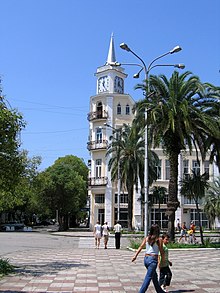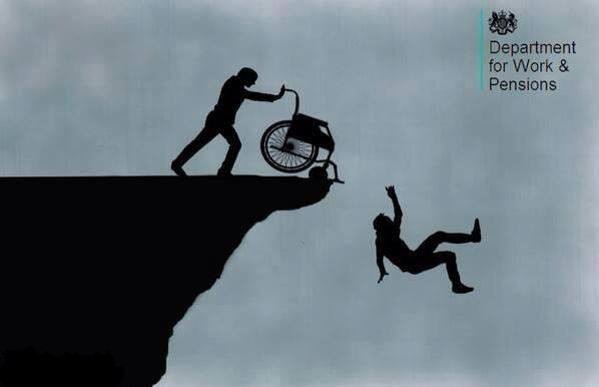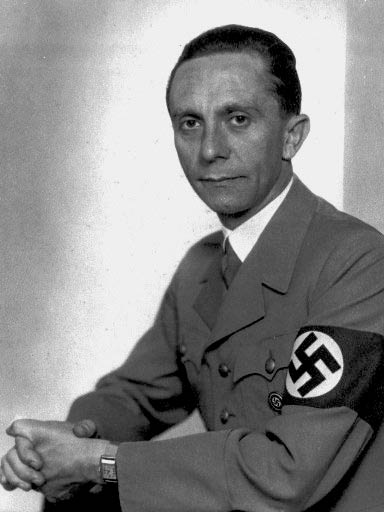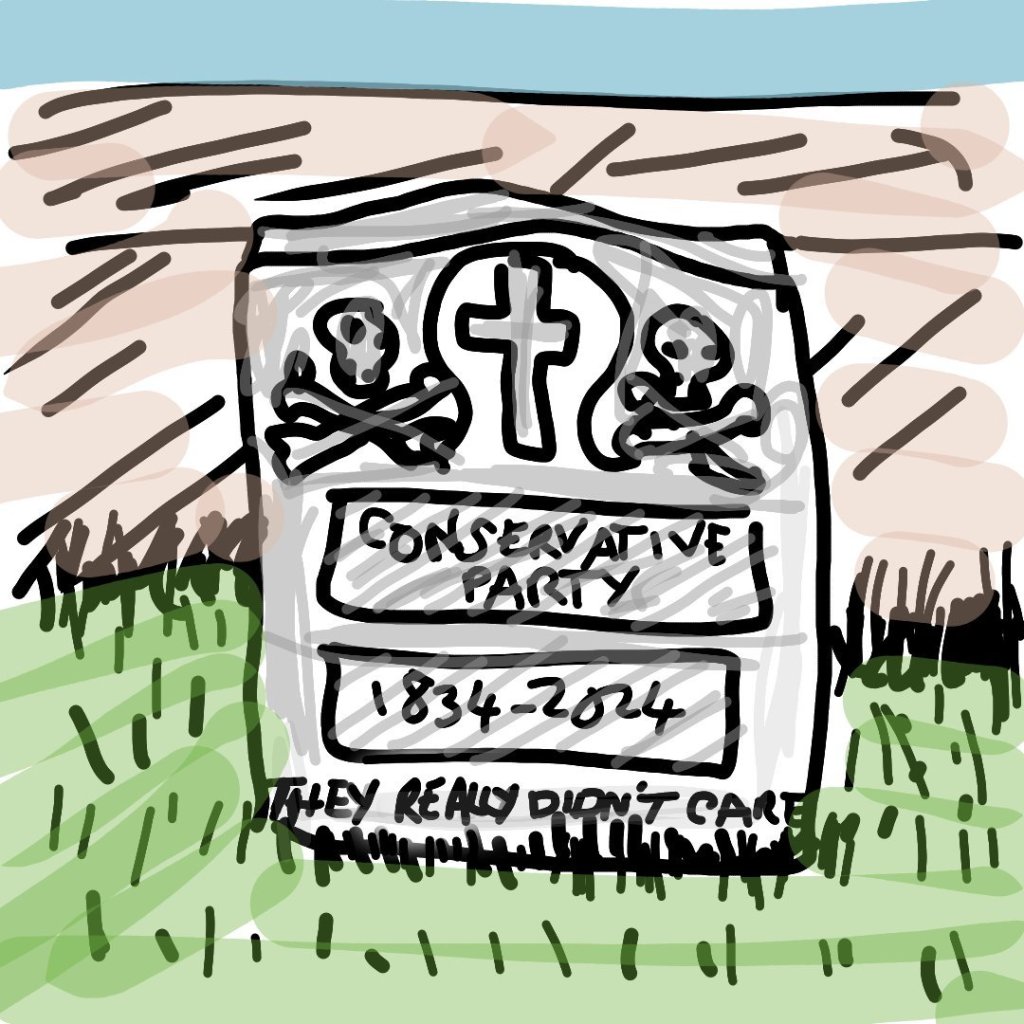Morning music

Full results from the Runcorn and Helsby by-election
https://en.wikipedia.org/wiki/Runcorn_and_Helsby_(UK_Parliament_constituency)#Elections_in_the_2020s
Reform UK 38.72%, Labour 38.7%, Conservatives 7.17%, Greens 7.09%. The other 11 candidates lost their deposits, the LibDem coming 5th of the 15 candidates, and with a mere 2.88%.
What is so good about the result is that, had Starmer-stein managed to hold on to Runcorn and Helsby, even with one vote, he would have been able to weasel about “hard choices“, “making the tough decisions” etc. Now, the public can be seen to have replied with a massive “NO!” to all such Blair/Brown/Cameron (etc) dissembling.
So Reform (not my party, not my kind of party, not really my ideology, but halfway there) now has 5 MPs (6, really, Rupert Lowe having been elected under the Reform banner). Under a fairer electoral system, Reform in 2024 would have had 92 MPs anyway, not 5.
5-6 MPs may seem a small bloc, but for most of the 1950s and 1960s, the old Liberal Party had the same number, before struggling into double figures for the first time since 1945, and then recovering under their new name, the Liberal Democrats: https://en.wikipedia.org/wiki/Liberal_Party_(UK)#Electoral_performance.
Now the dam has burst. The main System parties have lost all credibility. Today Reform, but tomorrow who knows?
Tweets seen
I love it when System political “grifters” and careerists lose out like that.
Bitter herbs for Starmer-stein this breakfast-time.
As blogged for many months, this is not so much a Labour government as a Labour Friends of Israel government, or misgovernment.

Farage may be a snake-oil salesman but “God moves in mysterious ways, His wonders to perform“. Once Farage and Reform have hacked the way through the jungle, real social nationalism will be able to break through. Maybe in 2033, the centenary of 1933. Just a thought…
Andrea Jenkyns
Andrea Jenkyns, former Greggs employee (etc) has been, once again, saved from stacking shelves at Lidl by electoral success. She is now the Mayor of Greater Lincolnshire, a title and place-name reminiscent of the inventions of P.G. Wodehouse.
https://www.bbc.co.uk/news/articles/cm25qjj4284o
https://www.gbnews.com/politics/local-elections-results-andrea-jenkyns-lincolnshire
I wrote an assessment of Andrea Jenkyns in 2019 (since then, with updates):
The full result: Reform (Andrea Jenkyns) 42%; Conservatives 26%; Labour 12%; Independent 8%; Greens 6%; LibDems 5%.
More thoughts about the by-election, local elections etc
The discomfiture of System drones, especially Labour ones, is both very evident and hilarious to see. Last night, I saw a section of the Sky News election coverage. One of the “experts” on their little panel was the TV talking head, now elevated to the degraded Lords as a “baroness”, Ayesha Hazarika. She obviously hates it that Reform is becoming electorally popular.
That Ayesha Hazarika person is emblematic of the times in which we live in the UK. Of Indian origin, she was a lowly civil service press officer before becoming a stand-up “comedian” (comedienne), a markedly unsuccessful one.
Despite that, her connections in the Labour Party ensured that she not only got “advisory” political work, but also slots on TV discussion panels and, eventually, the “peerage” (nominated by Starmer-stein).
https://en.wikipedia.org/wiki/Ayesha_Hazarika,_Baroness_Hazarika
Such peerages pay out £361 a day taxfree (when the House is sitting, i.e. 102 days per annum, plus travel costs and, in many cases, the costs of hotels or rent of flats etc in London. The £361 daily allowance is paid for up to 102 days per year, so as much as around £37,000 in a year. No fortune, but it is taxfree (so worth the same as a salary of maybe £50,000 or so), and all a “baroness” or “lord” has to do to get it is to sign in every day claimed for. It can take as little as 30 minutes, but why not stay and have an excellent and absurdly-subsidized lunch too?
A friend of mine often used to lunch with a peer of the realm (one of the real and unpaid old hereditary ones, not a life peer) in the 1980s and 1990s. She told me about the kind of luxury food and wine they had, and how low were the prices of that.
What a broken system. A low-level civil servant office bod and unsuccessful comic entertainer can get to know a few MPs, get on Newsnight or Sky News a bit, then become a member of the upper chamber of our legislature. It is absolutely ridiculous.
Turning from the Hazarika creature to more general matters, it is clear that the Westminster Bubblers simply do not understand what is driving the Reform phenomenon. They are too well-padded to feel the pain of so many people in this country.
Reform is underwhelming, really, yet look at what is happening! The voters are clutching at the Reform straw because not only are the main System parties useless, but they appear intent on stamping on British people, on their preferred way of life, on their history and on their future.
Labour especially is in the hands of secretive and hostile cabals. Starmer-stein is the obvious example: a freemason married to a Jewish woman, and who, at Easter, did not (as far as I have seen) invite any English children to Downing Street but did invite a group of Jewish children celebrating one of their religious festivals which occurred at about the same time.
Starmer-stein and his cabal have cut the small incomes of pensioners, the sick, the old, the unemployed, but have thrown money at “Ukraine” (the Jew-Zionist regime in Kiev) and at Israel (e.g. by paying for RAF surveillance flights over Gaza and other Arab territory, then giving the intelligence product to Israel for free).
I was driving in one of the most affluent parts of southern England this morning, and the road could have been in some broken-down part of the world; potholed, and poorly surfaced generally. Why? Why? I do not recall roads in England being as bad as this in the past, prior to, say, 2010. certainly not in the 1980s. “Austerity”? Poor priorities?
People are getting very fed up, indeed angry, at the way things are going. Reform UK is just the first step. People will go much further if the country continues to be so broken, and even more invaded by migrant-invaders (“legal” and “illegal”).
At present, there is no indication that the direction of travel of the UK is anywhere but straight down.
More tweets seen
That list is only the start.
The German “security and intelligence” bods should take a look at what happened to many of the Hungarian communist secret police in 1956, during the Hungarian Uprising. It was brutal…
Actually, the UK’s MI5 and police snoopers should also read up on that. History sometimes bites people like that on the ****.
Votes and elections will probably not be allowed to change the System (across Europe, certainly the EU and the UK). However, the discontent will find other outlets in the end. God help the System politicians and msm talking heads then…
Raus!
Historical note
https://research.calvin.edu/german-propaganda-archive/goeb62.htm

More tweets seen
Reform already shows worrying signs of infiltration and occupation.
Using Electoral Calculus, that might mean a Commons with about 376 Reform MPs (an absolute majority of 50, and a yet larger working majority), 113 Labour MPs, 71 LibDems (proving yet again that they are the “cockroach” survivors despite having really nothing at all to offer), 45 SNP, 12 Cons, and 5 Greens.
https://www.electoralcalculus.co.uk/userpoll.html
That would be the end for, as Disraeli put it, “the great Conservative Party, that destroys everything“.

I do not think that it would be much different even were Carpetbagger Kemi to be sent back to Nigeria (along with, hopefully, the 300,000 others who live here).
Labour is also looking at a well-deserved wipeout.
I notice that “Tel Aviv Keith” Starmer-stein is now tweeting about “national security” and “defence”, at the same time as literally thousands of immigrants, tens of thousands, pour in every single day, mostly “legally”. As for the illegal, “small boat”, invaders, about a thousand are landing every day.

Starmer-stein wants to impose “woke” tyranny along with (((the usual))) concealed dictatorship in this country. He has to be opposed by any necessary means.
Scamdemic/panicdemic loony news
“Three young boys who were allegedly locked inside their home for four years by their Covid-obsessed parents began hyperventilating and threw themselves onto the lawn to stroke the grass after being rescued by police, it has emerged.
Police found the boys, between the ages of eight and ten, in a house in the northern city of Oviedo, Spain on Wednesday. The children had apparently been kept in the residence since 2021.
It is understood the family closed off to the world during the Covid-19 pandemic, forbidding the children from going outside, and making them sleep in caged beds.”
[Daily Mail]
Merely a rather extreme version of the general looniness that swept across much of Europe and elsewhere in 2020-2022 (and which was imposed by sinister self-styled “elite” political monsters such as, to name just one, Jacinda Arden in New Zealand).
I still see the odd facemask loony even today, usually some old woman in a supermarket who has probably been wearing the same bit of dirty cloth for 4 or 5 years now.

Late tweets
[“DRAX – The “renewable” wood-burning power station is the biggest single source of carbon emissions in the UK. Has made record £1.1billion profit because we gave them nearly £1 BILLION in subsidies 6.5 million tonnes of wood pellets burned each year & mainly come from Drax’s 17 pellet plants in the US and Canada. It is also a massive supporter of LABOUR and increased ‘Green policies’ because it means more subsidies. Shh … it’s only 300 million trees.“]
A disgrace.
Russia would supply the UK with oil and gas, possibly even at cost, were the UK government(s) to drop the stupid anti-Russia hate campaign and appurtenant policies, and leave NATO.
Late music




